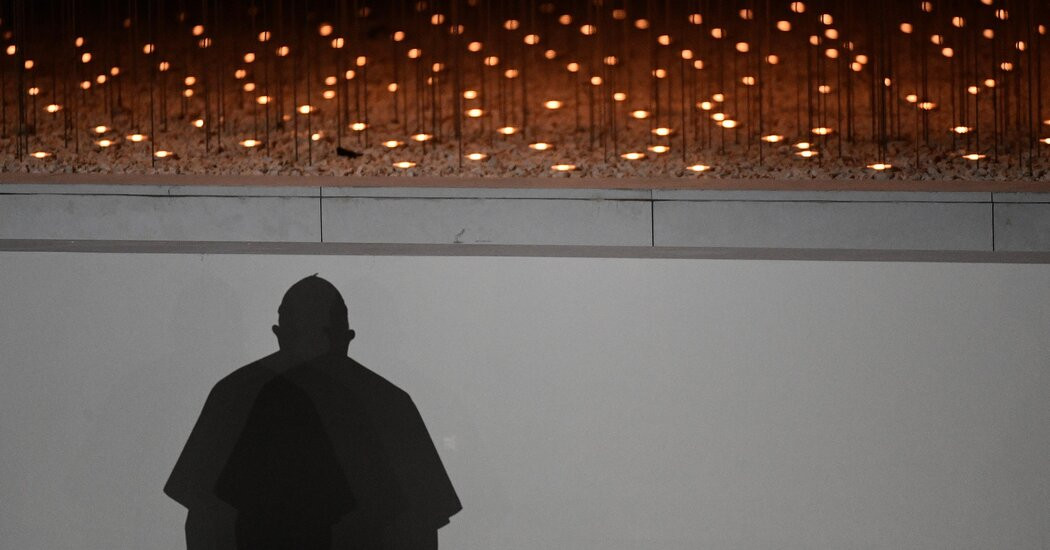

How will history judge Pope Francis’ legacy? It seems reasonable to predict that for many progressive Catholics and others who hoped he would prove to be a revolutionary, his papacy will be remembered as a disappointment.
Although Francis dramatically changed the tone of Vatican debates, with an emphasis always on promoting mercy and humility over punishing sin, especially when it came to gay and divorced Catholics, the Francis revolution that his admirers once proclaimed never took place. He proved to be far more cautious and conservative than many of them had hoped for.
In his final years as Cardinal Jorge Mario Bergoglio of Argentina and in his first years as bishop of Rome, Francis spoke passionately of the need to overhaul and modernize the church. He was open to the idea of allowing priests to marry and committed to ending the second-class status of women by promoting them to senior posts in the church hierarchy. As pope, he vowed repeatedly to end the crisis of priestly sexual abuse that has convulsed the Vatican for decades.
But he mostly fell short on these issues. And because he did not fundamentally rewrite church teachings, his most controversial and important initiatives — including his 2023 decision allowing priests to bless same-sex couples and his 2016 document opening the door for divorced and remarried Catholics to receive holy communion — could be reversed by a successor with little more than a wave of his hand.
Many reform-minded Catholics were angered last year when Francis, at the end of a worldwide bishops’ meeting billed as the most important gathering of church leaders in decades, failed to act on its most groundbreaking recommendation: to allow women to take low-level posts in the ministry as deacons.
Francis, like all his modern predecessors, consistently ruled out the ordination of women priests, arguing it would be too violent a break with tradition, since women have always been barred from the priesthood. But many at the meeting thought Francis would embrace the appointment of women as deacons, who have limited authority to lead worship services, since there appeared to be historical precedent for it. In the earliest centuries of the church, historians suggest, both women and men served as deacons.